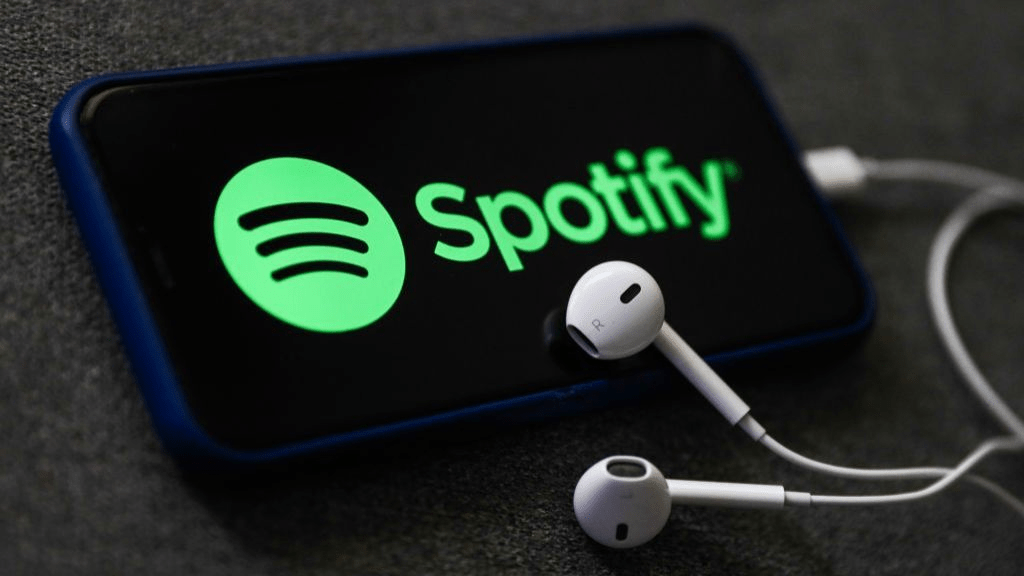
Why Skills-First Leadership Is Replacing the Ivy League Playbook in the C-Suite
The old prestige pyramid—where Ivy League degrees and blue-chip consulting backgrounds paved the way to the CEO seat—is cracking.

February 25, 2021: Audio streaming service Spotify has plans to double its geographic footprint and launch into 85 more countries, and add 36 languages to its platform in the process.
On Tuesday, the Swedish firm announced the international expansion at a live streaming event featuring Justin Bieber, Prince Harry, and Meghan Markle.
Spotify said the expansion into developing countries across Asia, Africa, the Pacific, and the Caribbean enables a billion people to use its platform.
In the coming days, Spotify will launch in countries that include Nigeria, Tanzania, Ghana, Bangladesh, Pakistan, Sri Lanka, Bhutan, Samoa, Jamaica, Bahamas, and Belize.
“These moves represent Spotify’s broadest market expansion to date,” Spotify said. After the expansion, Spotify will be available in above 170 countries.
Spotify launched in 2008, and it has amassed 345 million active users per month across 95 countries. In which 155 million are premium paying subscribers.
While Spotify started as being music streaming platform, it is now providing people with podcasts, audiobooks, and meditations. Spotify’s “premium” service charges $9.99 to access.
The Stockholm-headquartered firm spends hundreds of millions of dollars to secure exclusive series of the podcast that includes a new show from Barack and Michelle Obama that will feature Bruce Springsteen.
Spotify faces high competition from Apple, Amazon, and Google, which have launched their music streaming services in the last years.
The company’s biggest competitor is arguably Apple Music, and It is involved in a bitter antitrust dispute with the iPhone maker. The company doesn’t think it’s fair that it has to pay Apple a commission, or what it sees as a “tax,” when users subscribe and pay for its service via Apple’s App Store. It filed a complaint to the European Commission in March 2019, and a probe is ongoing.
It’s share price was down 4% to $350 on Monday, and it fell another 0.5% to $348 in after-hours trading.

The old prestige pyramid—where Ivy League degrees and blue-chip consulting backgrounds paved the way to the CEO seat—is cracking.

Loud leaders once ruled the boardroom. Charisma was currency. Big talk drove big valuations.

But the CEOs who make history in downturns aren’t the ones with the deepest cuts

Companies invest millions in leadership development, yet many of their best executives leave within a few years. Why?

The most successful business leaders don’t just identify gaps in the market; they anticipate future needs before anyone else.

With technological advancements, shifting consumer expectations, and global interconnectedness, the role of business leaders

At seventeen, Professor Richard Rose stepped into a world few adults dare to navigate: the world of children fractured by trauma. He wasn’t a clinician then, nor a scholar. He was simply a young man with a heart tuned to the quiet ache of others.

Following a distinguished Law Enforcement career Joe McGee founded The Securitatem Group to provide contemporary global operational specialist security and specialist security training products and services for private clients, corporate organisations, and Government bodies. They deliver a wide range of services, including complete end-to-end protection packages, close protection, residential security, protection drivers, and online and physical installations. They provide covert and overt investigations and specialist surveillance services with a Broad range of weapons and tactical-based training, including conflict management, risk and threat management, tactical training, tactical medicine, and command and control training.

Jay Wright, CEO and Co-Owner of Virgin Wines infectious energy, enthusiasm, passion and drive has been instrumental in creating an environment that encourages talent to thrive and a culture that puts the customer at the very heart of every decision-making process.

Fabio de Concilio is the visionary CEO & Chairman of the Board at Farmacosmo, a leading organization dedicated to mental health and community support services. With a deep commitment to identifying and meeting customer needs, Fabio ensures that high standards are maintained across the board.

Leave us a message
Subscribe
Fill the form our team will contact you
Advertise with us
Fill the form our team will contact you